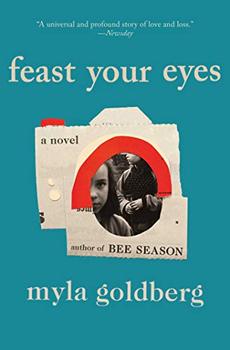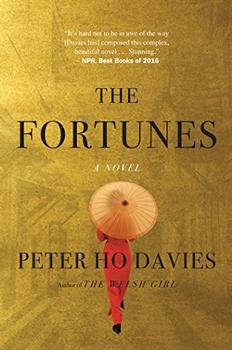Summary | Excerpt | Reading Guide | Reviews | Beyond the book | Read-Alikes | Genres & Themes | Author Bio

In the tradition of The Hours and Revolutionary Road comes a novel set in the 1960s about marriage, motherhood, identity, nostalgia, and the fantasy of home.
The only thing harder than losing home is trying to find it again.
Cambridge, 1963. Charlotte is struggling. With motherhood, with the changes marriage and parenthood bring, with losing the time and energy to paint. Her husband, Henry, cannot face the thought of another English winter. A brochure slipped through the mailbox gives him the answer: "Australia brings out the best in you."
Charlotte is too worn out to resist, and before she knows it they are travelling to the other side of the world. But upon their arrival in Perth, the southern sun shines a harsh light on the couple and slowly reveals that their new life is not the answer either was hoping for. Charlotte barely recognizes herself in this place where she is no longer a promising young artist, but instead a lonely housewife, venturing into the murky waters of infidelity. Henry, an Anglo-Indian, is slowly ostracized at the university where he teaches poetry. Subtle at first, it soon invades his entire sense of identity.
Trapped by nostalgia, Charlotte and Henry are both left wondering if there is anywhere in this world they truly belong. Which of them will make the attempt to find out? Who will succeed?
The omniscient narration includes a lot of reportage, descriptions, psychoanalyzing and rhetorical questions, which together take up some of the space that in other novels would be given over to dialogue and scenes. This means the book can at times feel a little bit dreamy and ungrounded. Ultimately I think that is Bishop's goal, though: to make readers experience the uprooted life along with her characters...continued
Full Review
 (686 words)
(686 words)
(Reviewed by Rebecca Foster).
Author Stephanie Bishop's maternal grandparents left England for Australia in 1965. Her grandmother was reluctant to make the move and never truly warmed to the country. Their experience forms the basis of The Other Side of the World. (Bishop's Guardian article gives the whole story.)
Beginning in the latter decades of the eighteenth century, Australia was the destination of boatloads of British criminals. This influx of free convict labor handily coincided with Britain's colonization of Australia, beginning with its east coast. (For more details, see the Beyond the Book article for Kate Grenville's The Lieutenant.) The 1940s through early 1960s also saw a huge increase in immigration to Australia. In part this was because the country ...

If you liked The Other Side of the World, try these:

by Myla Goldberg
Published 2020
The first novel in nearly a decade from Myla Goldberg, the award-winning, New York Times bestselling author of Bee Season - a compelling and wholly original story about a female photographer grappling with ambition and motherhood, a balancing act familiar to women of every generation.

by Peter Ho Davies
Published 2017
From the author of The Welsh Girl comes a groundbreaking, provocative new novel.
The library is the temple of learning, and learning has liberated more people than all the wars in history
Click Here to find out who said this, as well as discovering other famous literary quotes!